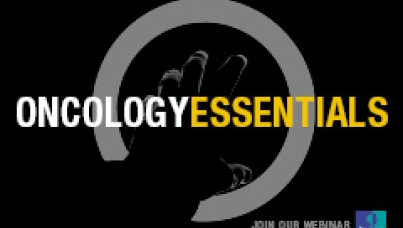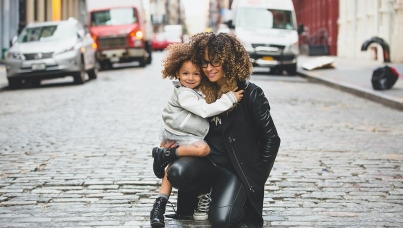70% of Filipinos wish they could slow down the pace of their life
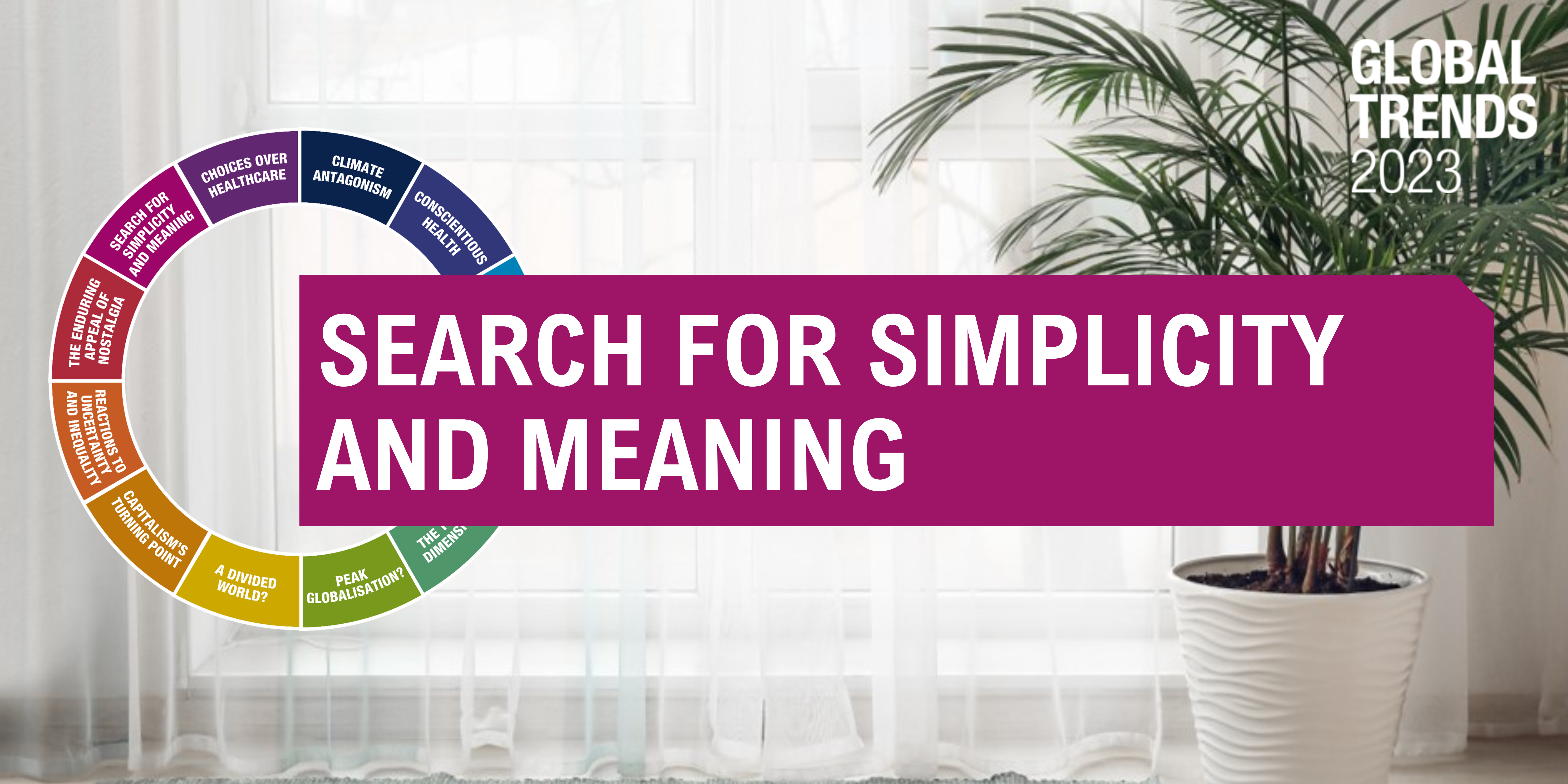
Busy lifestyles and social mobility bring both opportunity and threat. The desire for simplicity seems to be an inevitable byproduct of societal advancement, the rapid growth of the middle class, aspirations to personal development and the acquisition of material goods, resulting in cultures with longer working hours. The top eight markets that agree with the wish that ‘my life could be simpler’ are all in Asia, while many markets where this desire is least prevalent are developed Western nations, particularly those in Europe.
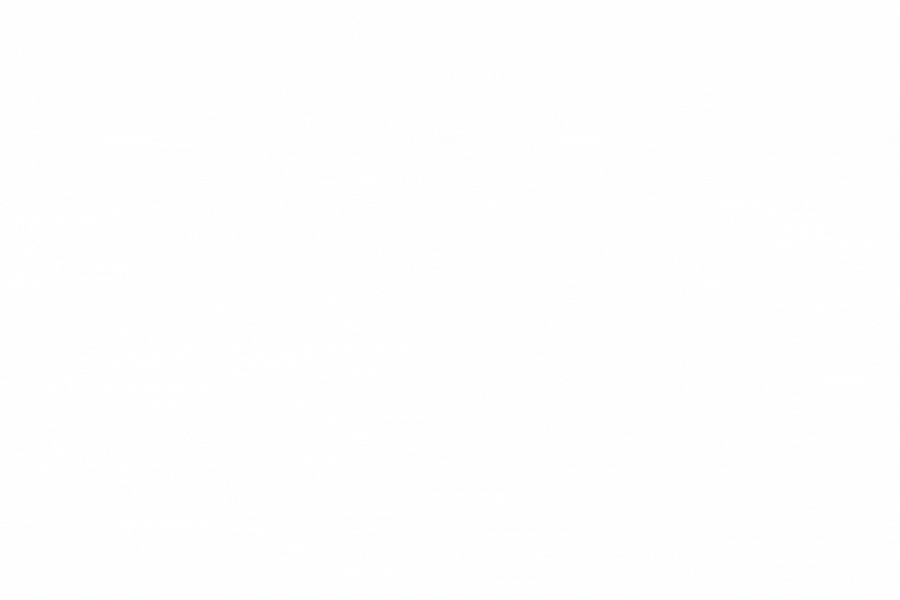
By many objective measures, life is busier today than ever. Sleep has become the new well-being aspiration and stress is talked of in terms more usually associated with viral or bacteriological epidemics. The pace and complexity of life and our collective inability to tune out are spawning a huge spin-off industry: hotels that boast of poor Wi-Fi connectivity as a benefit, and meditation and mindfulness apps are just some of the ways that the challenges of busy lives are being turned into commercial opportunities.
At the beginning of lockdown, in many countries commentators began to speculate about the enforcement of a ‘smaller life’ that would prove a moment of global epiphany that could shift the world’s priorities away from consumerism and a continual focus on ‘more’. As lockdowns eased, many people have wanted to make up for all the time they lost, but once that knee-jerk, back-to-the-big-life thrill fades, brands will have an opportunity to remind the world that it once seemed to be on the verge of taking a different path.
Thought Starters
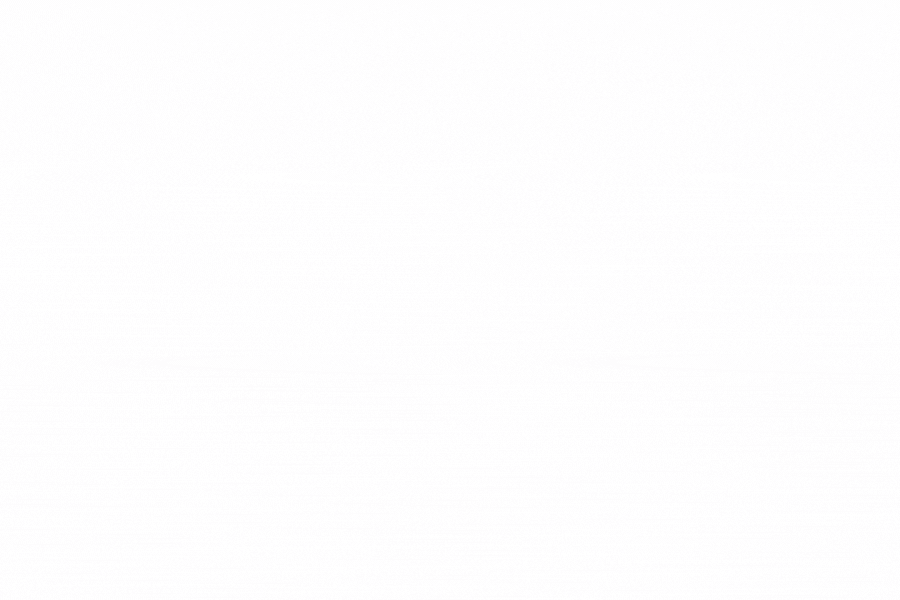
Are your services, products, purchasing and content channels as friction-free as possible, or do they require significant mental resources from your audience?
How do you balance the need to offer your employees a good work–life balance with the need to reduce costs and maintain productivity?


